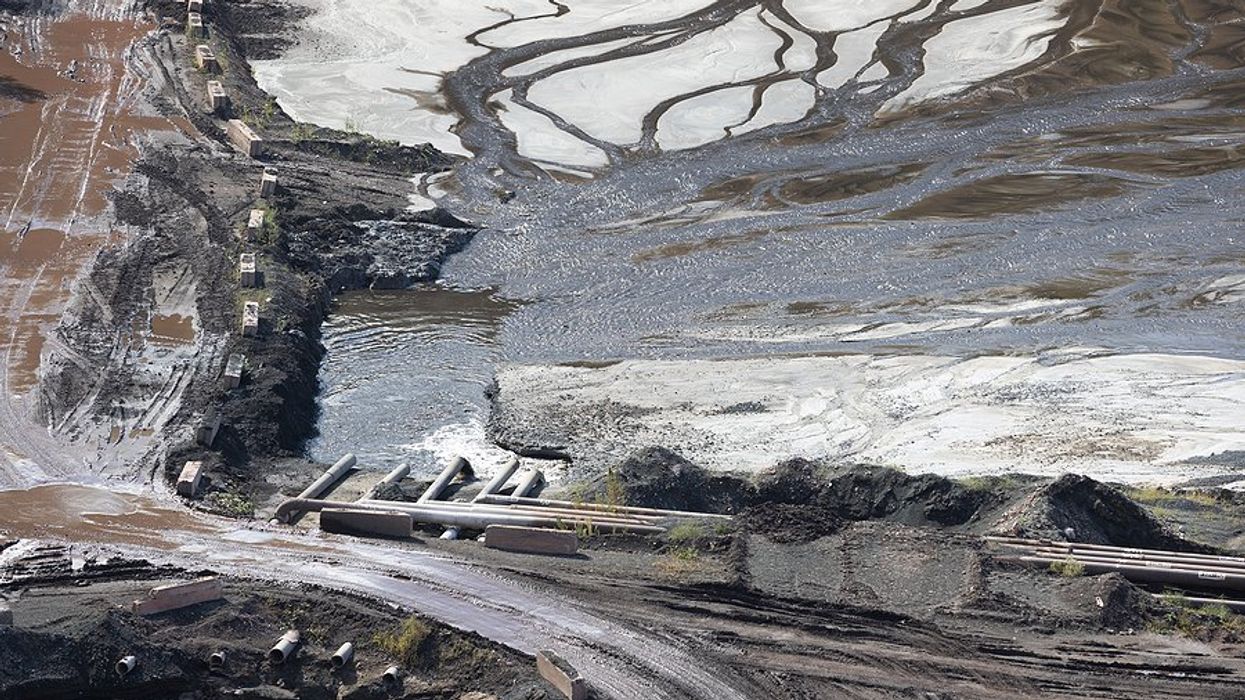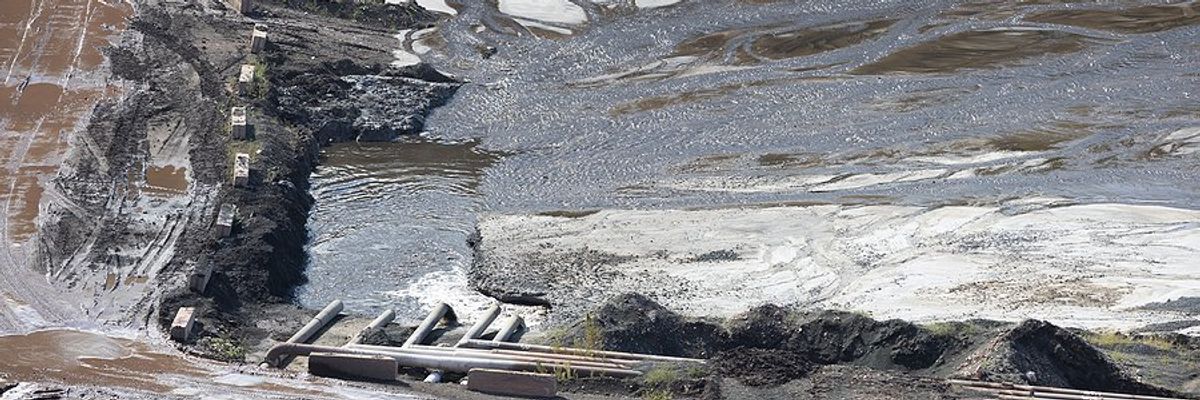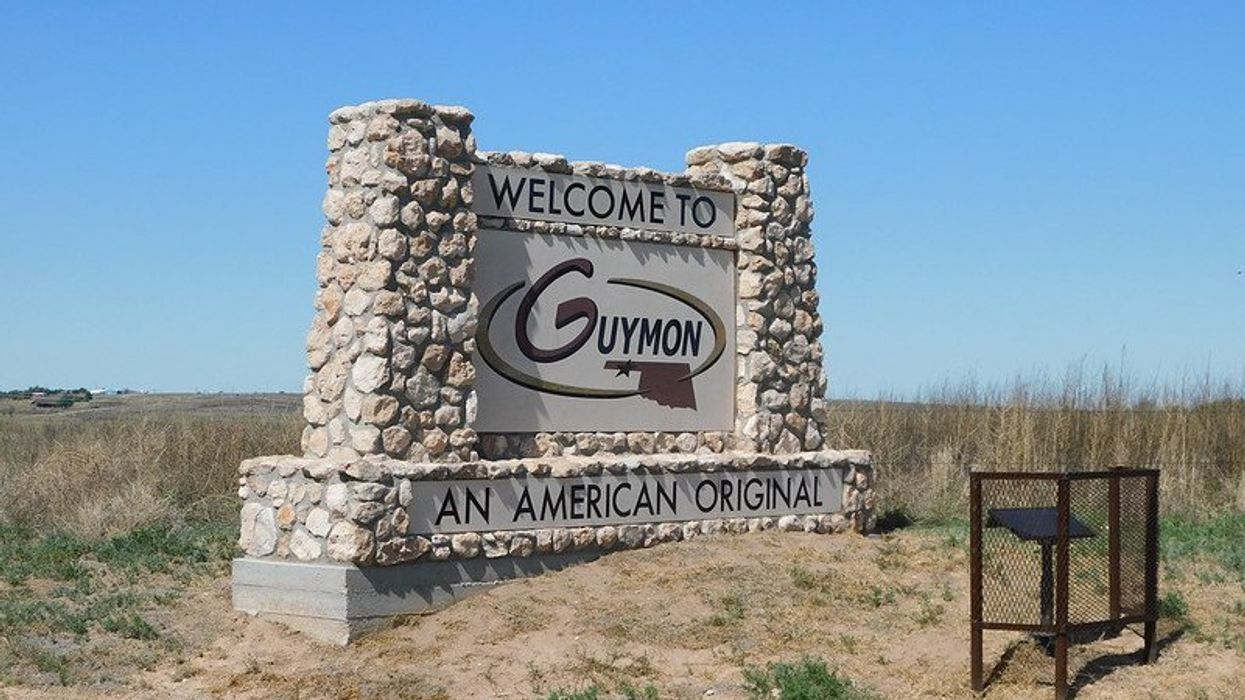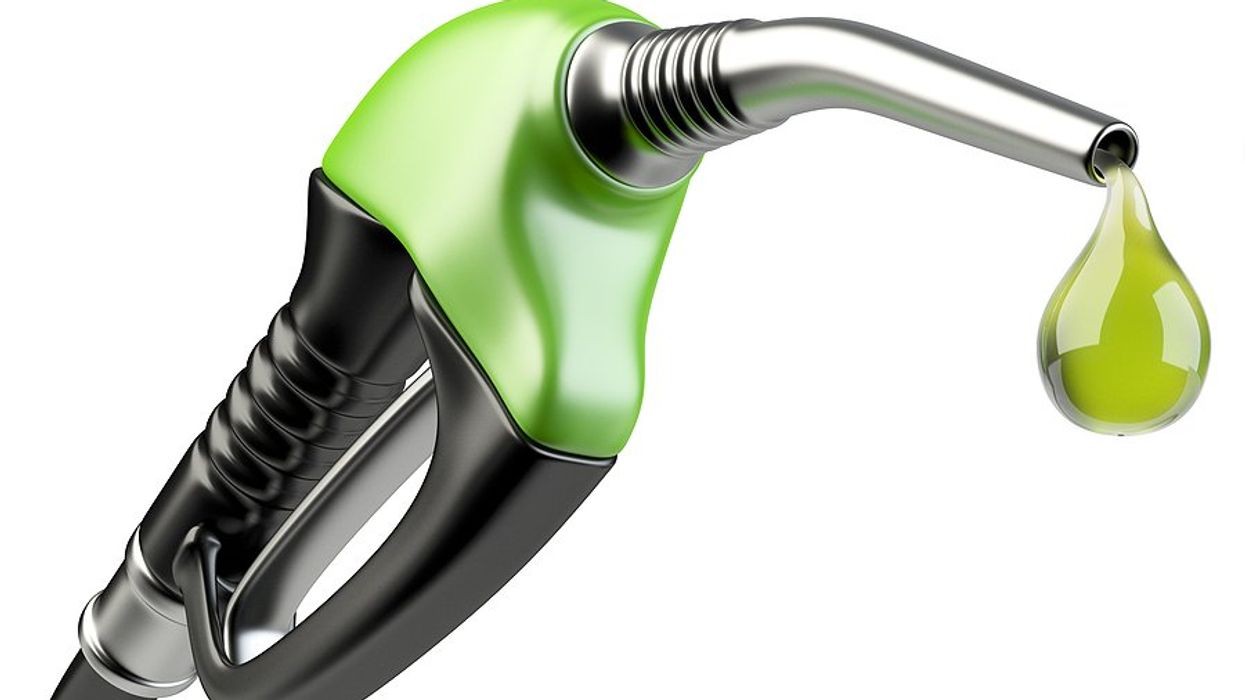The U.S. Environmental Protection Agency has introduced updated coal ash regulations aimed at curbing groundwater pollution, but enforcement is left largely to the companies responsible for the ash dumps.
Miranda Willson reports for E&E News.
In short:
- The EPA’s new rules require companies to ensure coal ash dumps do not pollute groundwater, but implementation is mostly self-regulated.
- States vary in their enforcement, with some mandating full removal of ash from unlined pits while others allow less stringent measures.
- The new rules also include a federal permitting program, but its finalization is delayed, potentially impacting enforcement under future administrations.
Key quote:
“A ton of these surface impoundments are leaking like crazy. They have huge plumes, and the plumes need to be cleaned up before the companies walk away.”
— Barnes Johnson, former director of EPA’s Office of Resource Conservation and Recovery
Why this matters:
Contaminated groundwater from coal ash sites poses serious environmental and health risks, particularly in vulnerable communities. This move comes in the wake of several high-profile incidents where coal ash spills have caused extensive environmental damage, impacting ecosystems and communities. By improving regulations, the EPA aims to prevent such disasters, but the effectiveness of these measures will hinge on robust enforcement and accountability mechanisms.

















